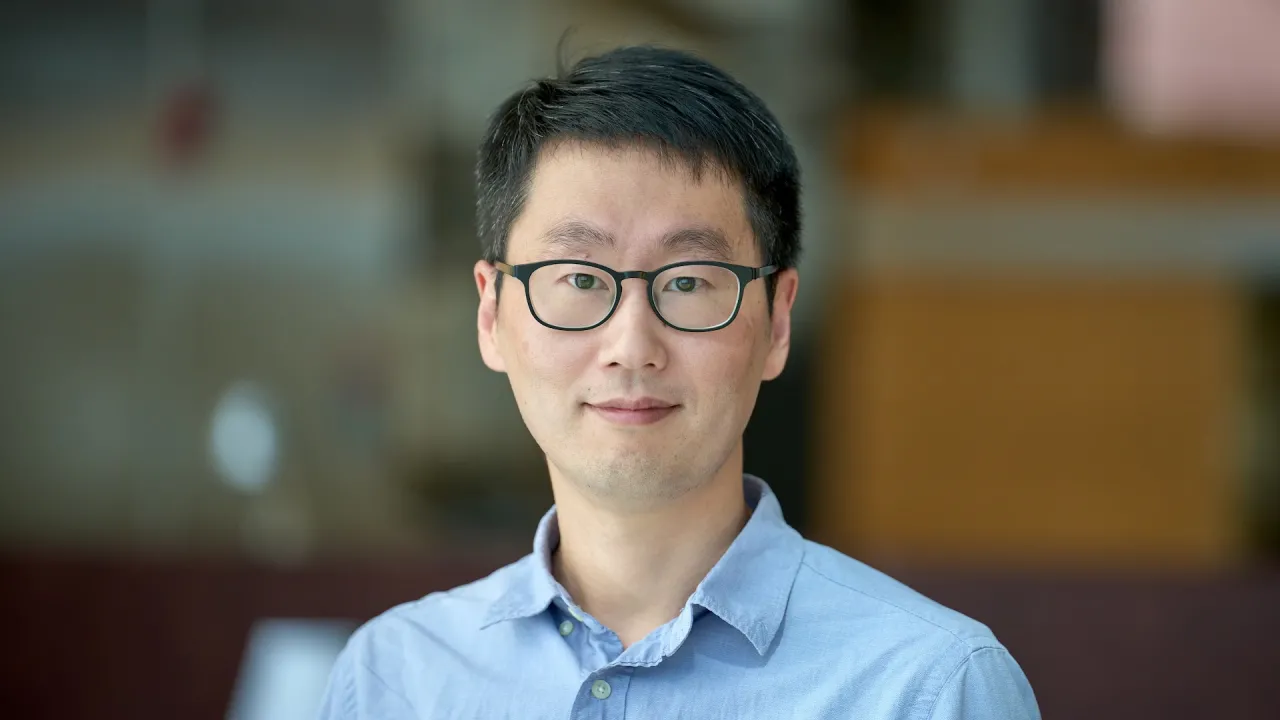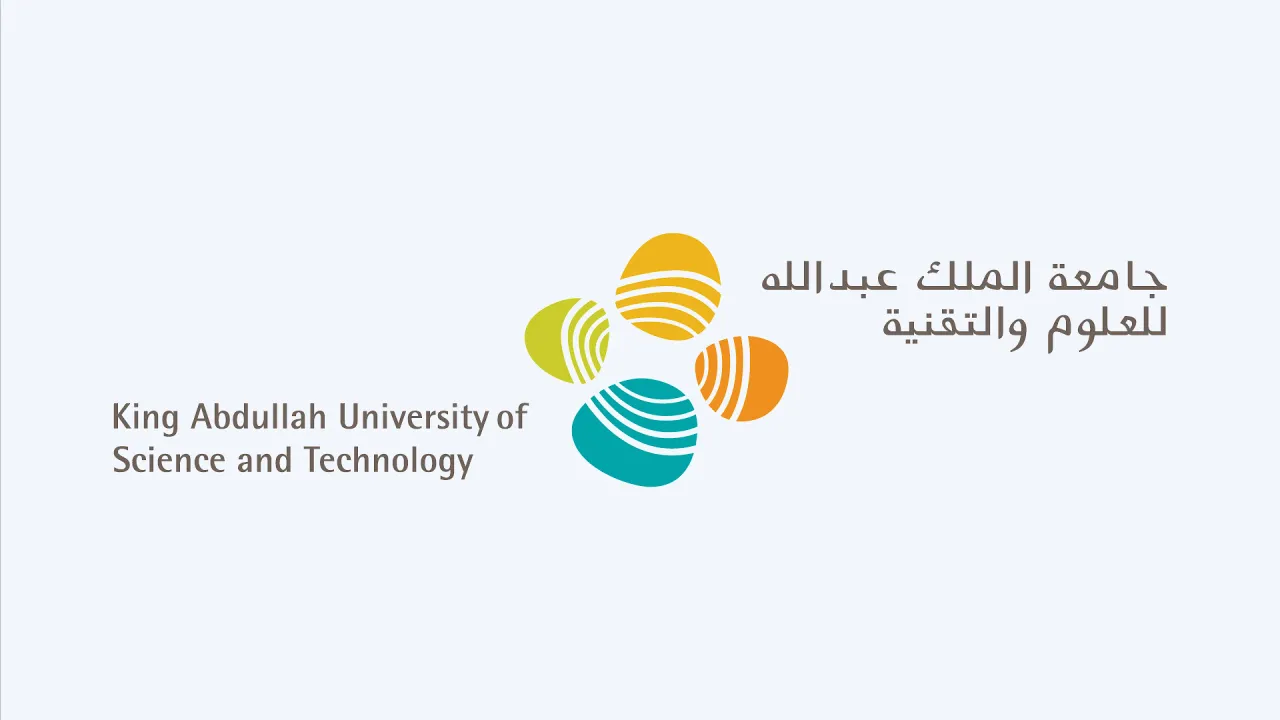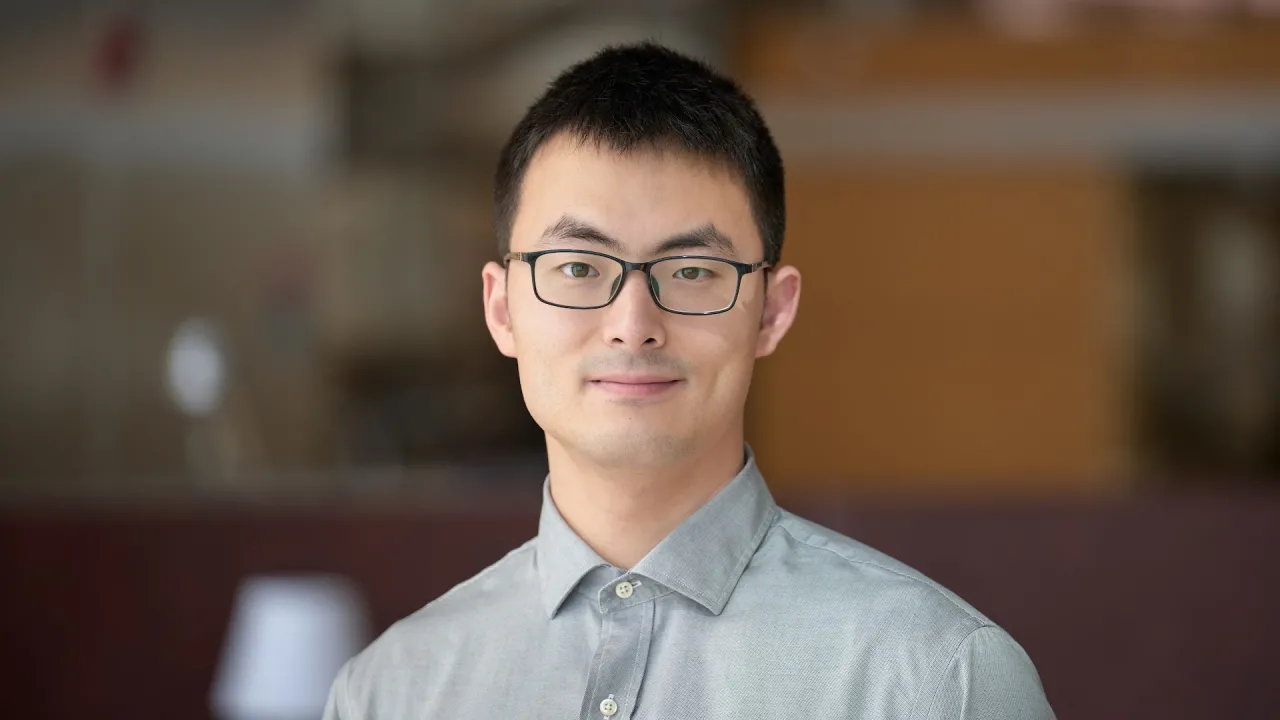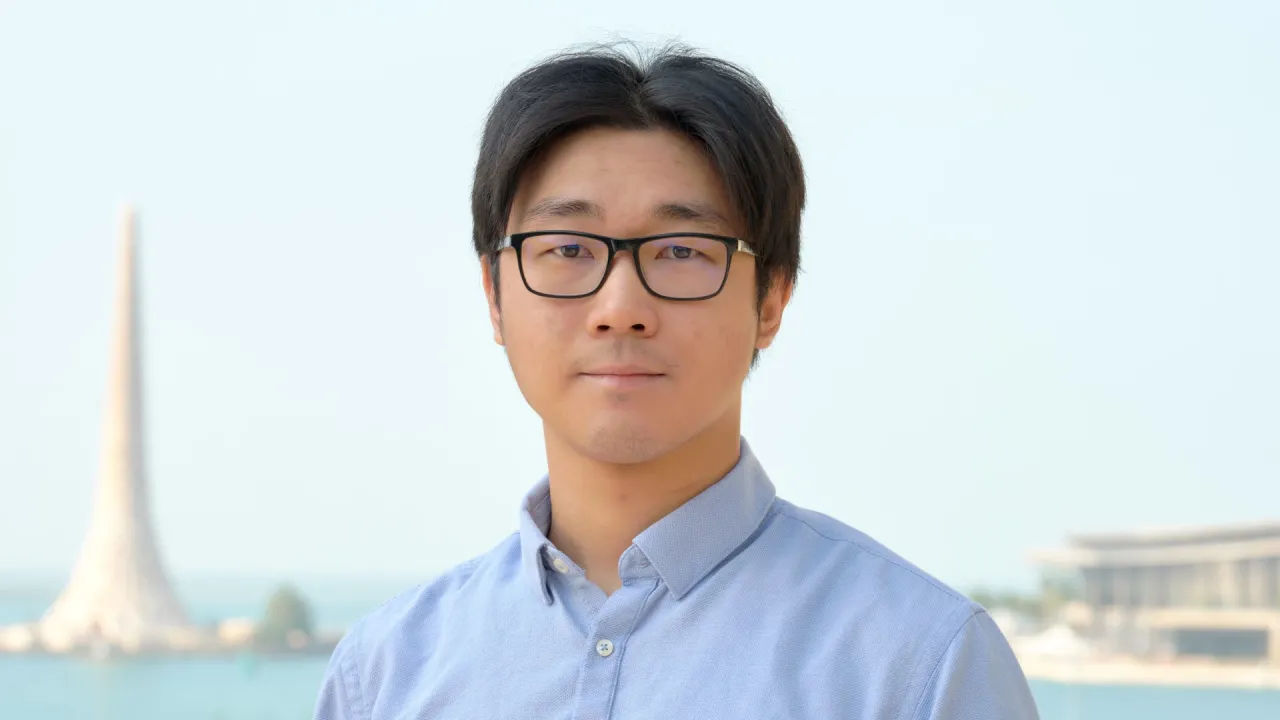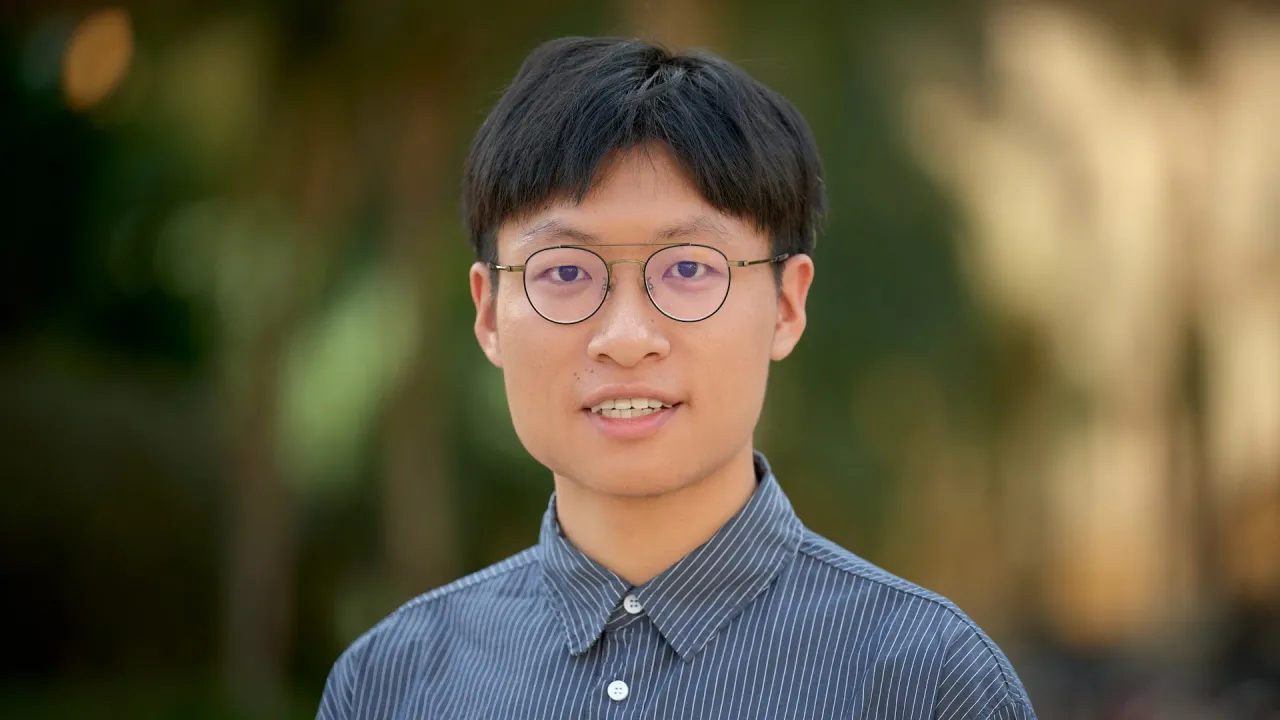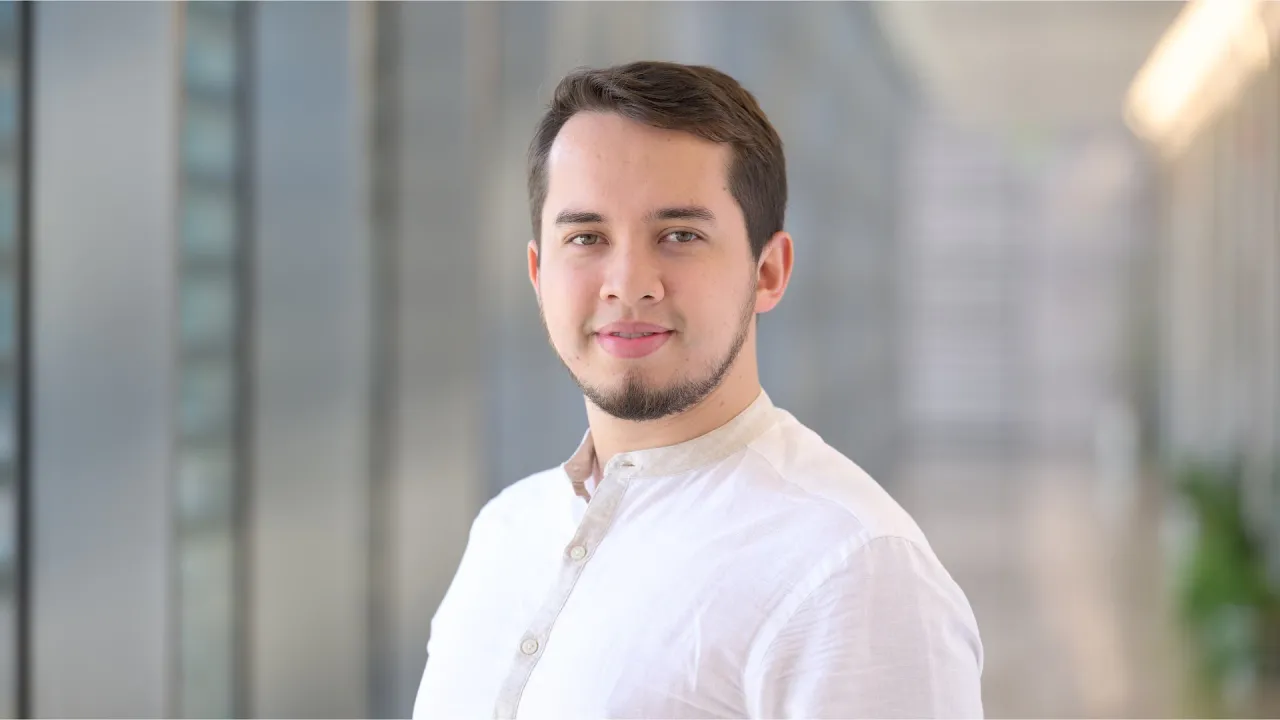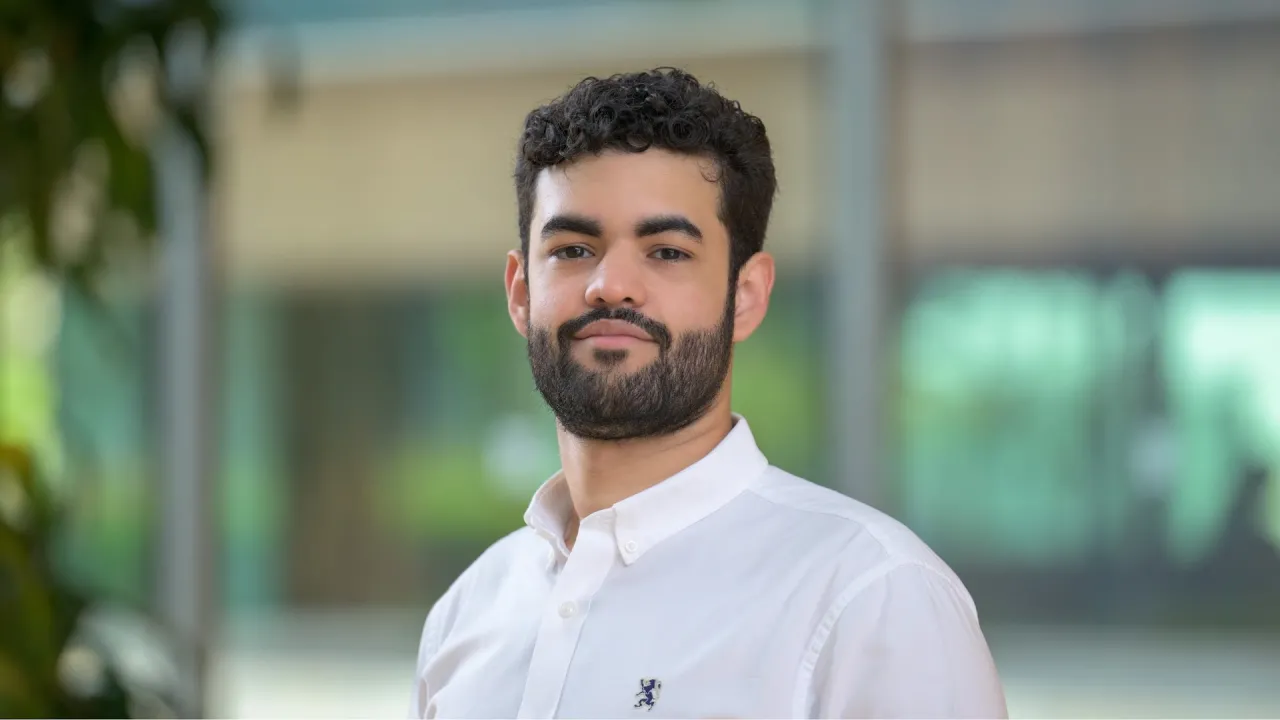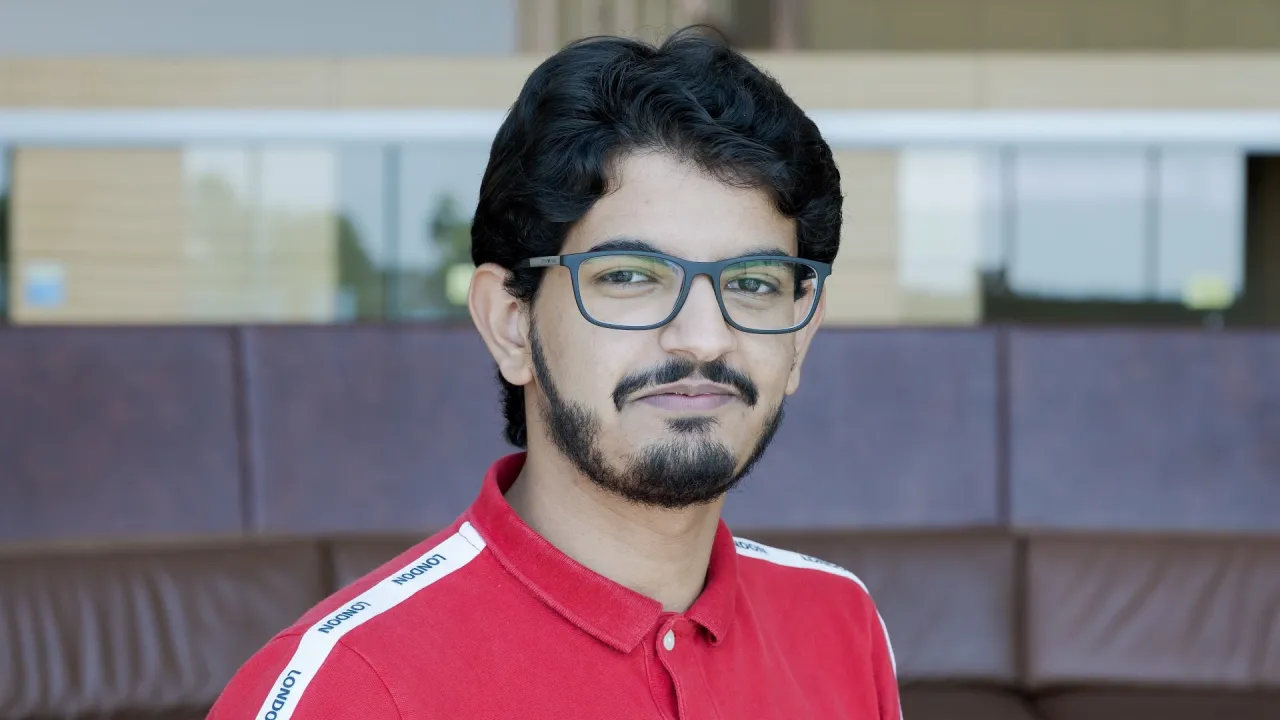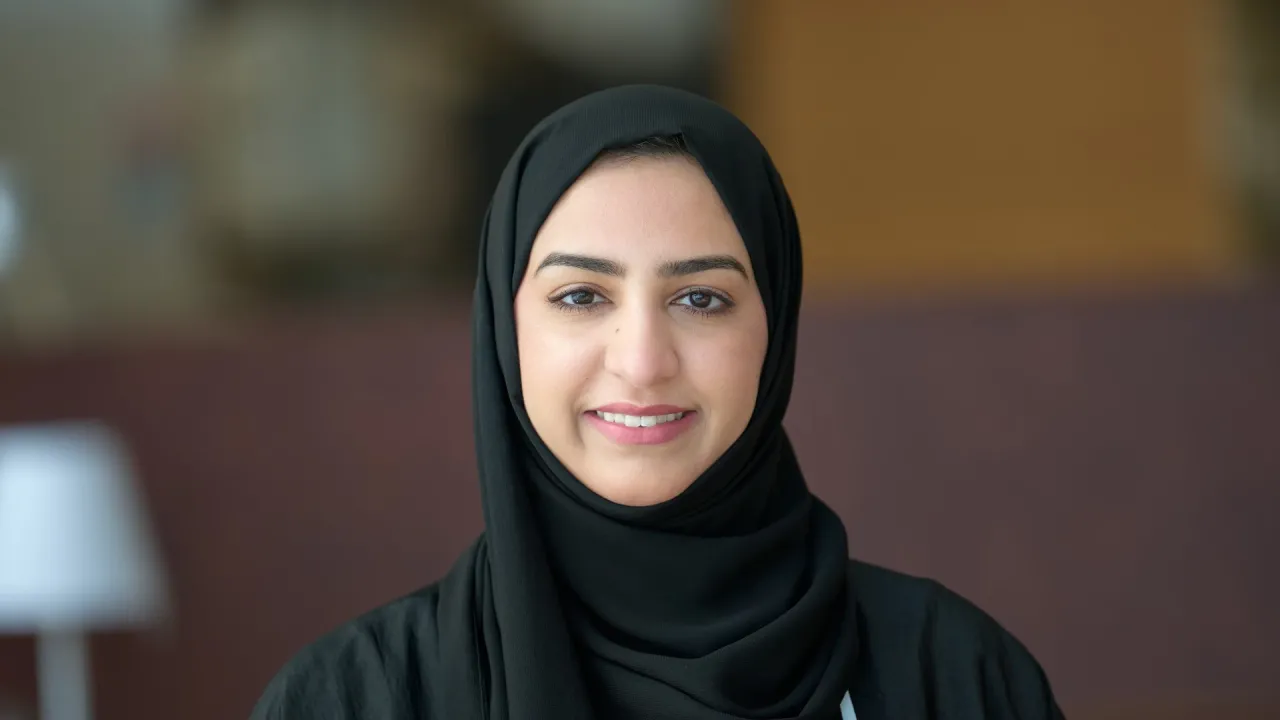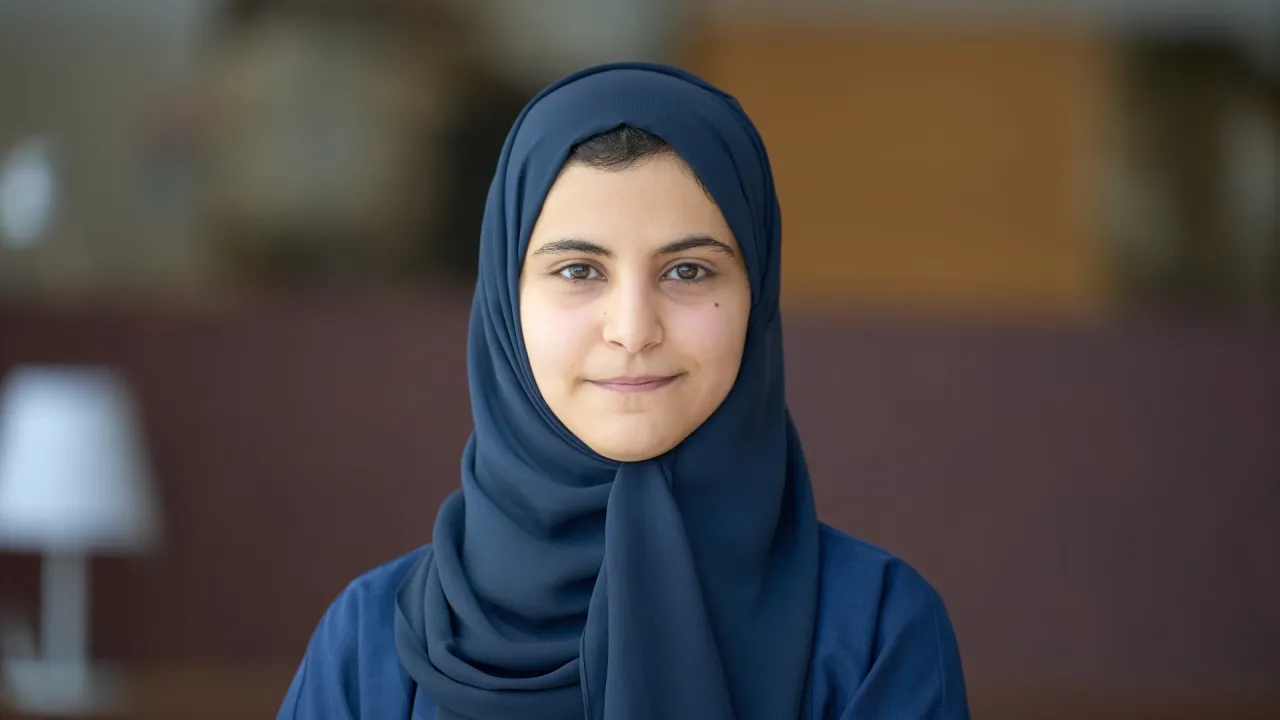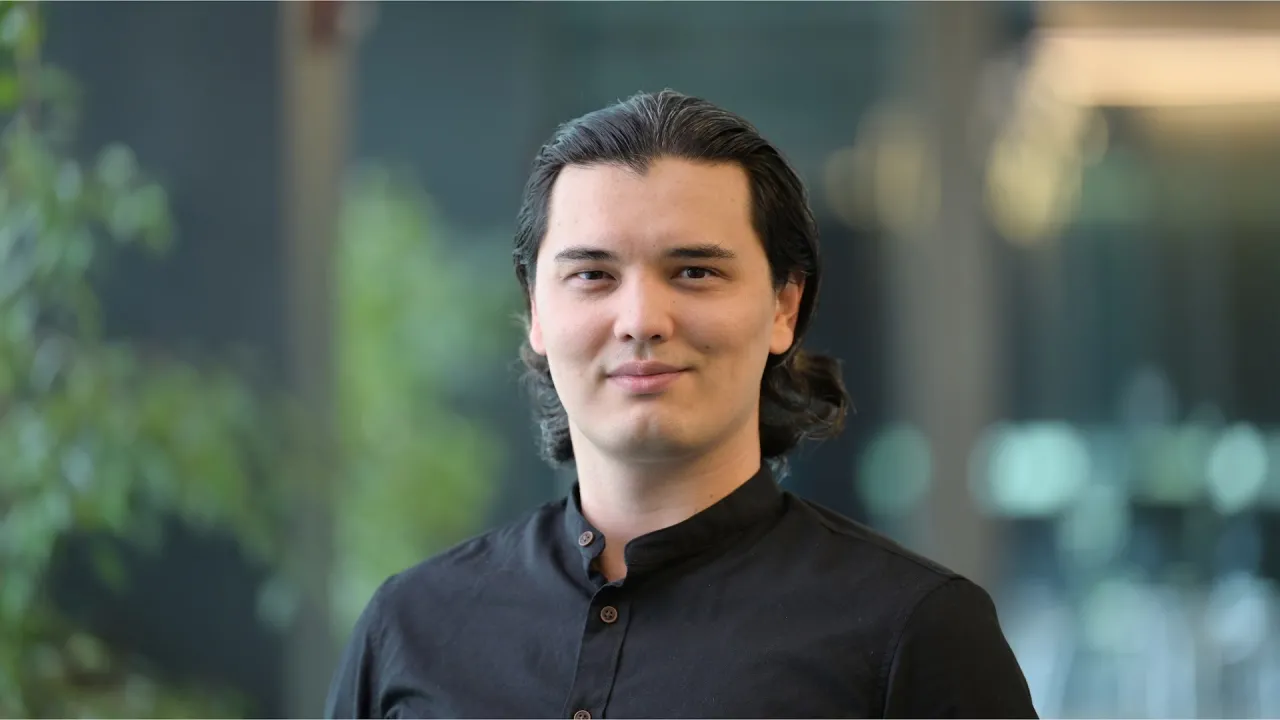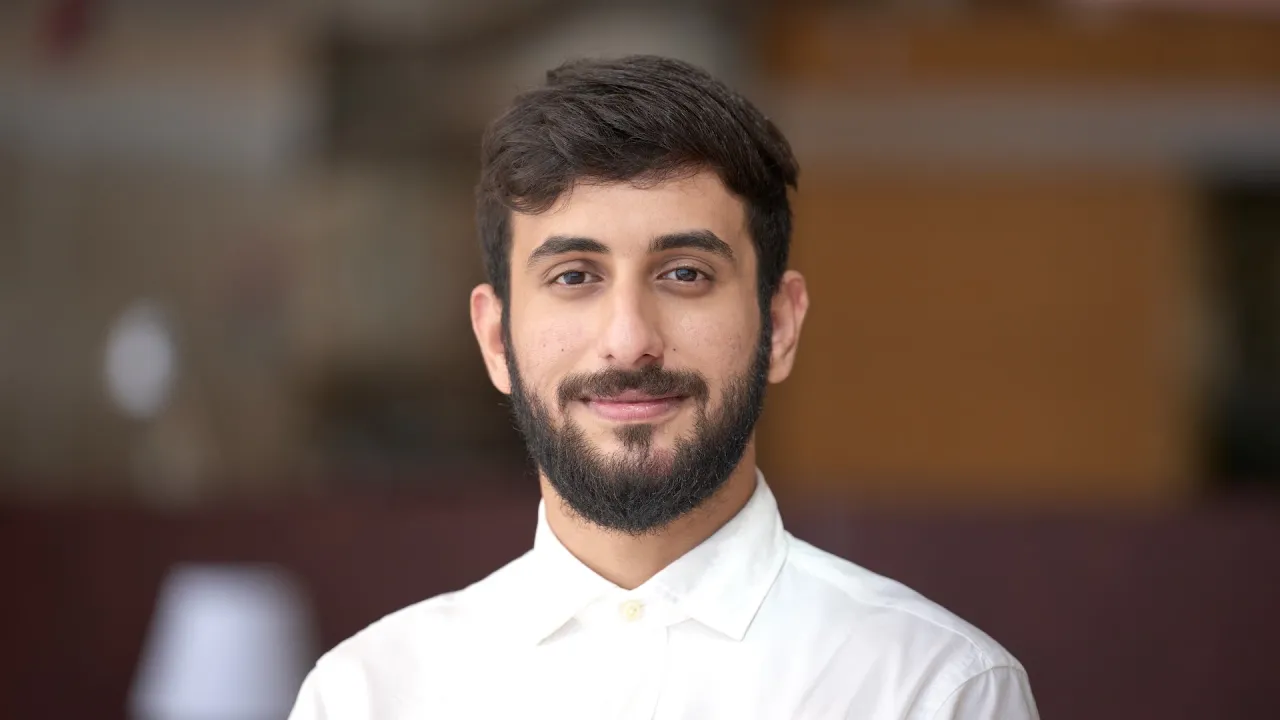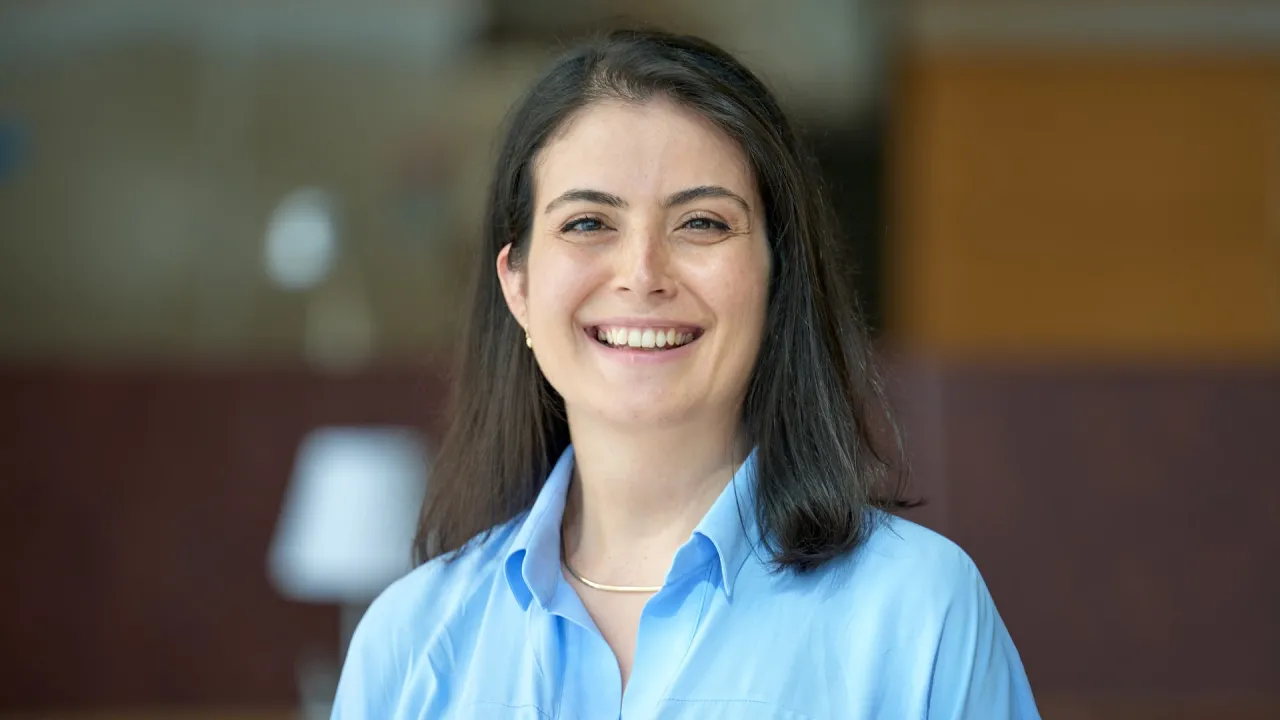Shinkyu Park
- Assistant Professor, Electrical and Computer Engineering
Biography
Professor Park received his Ph.D. in Electrical Engineering in 2015 from the University of Maryland, U.S. Following his Ph.D., he held postdoctoral researcher positions at the National Geographic Society in 2016 and at the Massachusetts Institute of Technology (MIT), U.S., from 2016 to 2019.
He joined KAUST in January 2021 as the principal investigator of the Distributed Robotics and Autonomy (DSA) Group. Prior to joining KAUST, he served as an associate research scholar at Princeton University, U.S., where he contributed to cross-departmental robotics projects.
Professor Park’s past research includes developing animal-borne sensor networks to study wild animal groups in their natural environments. He also created a fleet of urban autonomous surface vessels designed for transporting people and providing delivery and trash removal services through urban canal networks. In 2019, his innovative work was highlighted by MIT News.
Research Interests
Professor Park’s research focuses on the design and control of multi-robot systems. He strives to advance robotics science and engineering and seeks innovative ways to solve societal challenges using robotics technology. He pursues new and creative approaches to synergizing the individual robots’ core capabilities and strengthening the autonomy of robotic groups to solve large-scale problems.
His DSA Group investigates innovative concepts to address fundamental research questions in multi-agent, robotics and control systems. Their central focus is conceiving novel models and computational methods for multi-agent coordination and developing and deploying robotic/control systems for monitoring real-world environments such as the Red Sea.
